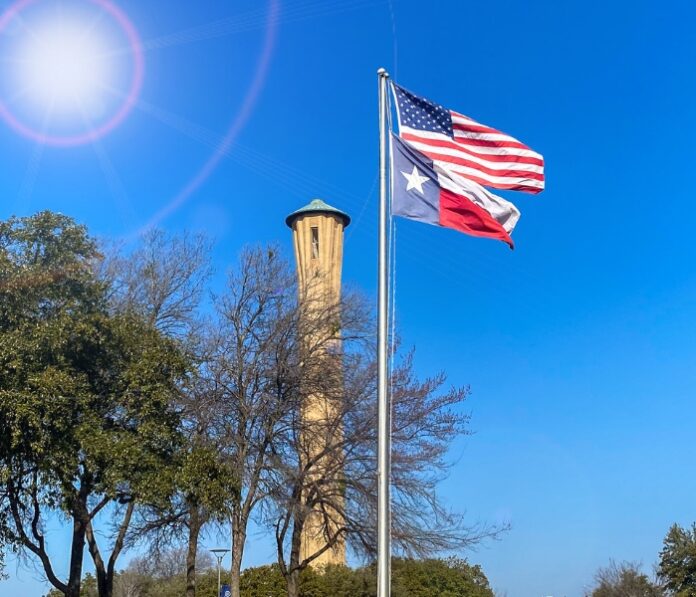A theological critique of America’s “Founding Principles”
While a few dissidents have always questioned modernity, America has recently become more open to significant self-critique. The heightened interest which theories about the failures of Enlightenment Liberalism have received is a very positive development, but not principally because of any new failures on the part of liberalism.
Liberalism in its original sense already failed a century ago, being largely replaced in American government and elite culture with other ideologies, such as Progressivism or Neo-Marxism. However, as the philosophy of America’s Founding Fathers, this “classical liberalism” still has significant influence in our country, not least by governing the values of the modern conservative movement. However, any practical failures or successes of liberalism are insignificant compared to the evils inherent to classical liberalism itself.
Classical liberalism, as enunciated by the Founding Fathers of the United States, is based on two central principles. The first holds that everyone is created free of any human authority other than within the family, making the consent of the governed the source of all legitimate political authority. The second teaches that the fundamental end of government is the protection of natural rights, with all other functions of government oriented toward that end.
Both principles contradict Catholic teaching. The first, by claiming that man in the natural state is subject to no human authority outside the family, denies that man is by nature political. Madison writes in the Federalist Papers that “if men were angels, no government would be necessary.” In other words, political authority only exists because men are sinful, leaving the weaker vulnerable to injustices if they remain in the “state of nature” without a government to secure their rights.
In contrast, the Catechism teaches that “society is essential to the fulfillment of the human vocation.” Because “every human community needs an authority to govern it,” such authority is inherently natural and necessary for a fully human life.
Therefore, all true authority has its ultimate source in God, not the consent of the governed, even if the ruler is elected by the people. For this reason, democracy is not a requirement for a just political regime. On the contrary, political authority may take different forms according to the unique cultures and needs of the various societies around the world.
Secondly, the end of government is not reducible to the protection of rights. The Catechism states that, because we are persons, good governance “is not limited to guaranteeing rights and fulfilling duties such as honoring contracts.” On the contrary, the dignity of the human person requires not only justice but also fraternity.
In other words, a government that truly respects the dignity of the person will aim not only at establishing justice between individuals but also at promoting strong, loving communities and families for them, as a reflection of and a path to their final end as persons.
Classical liberalism also inherently denies the authority of the Catholic Church. In classical liberalism, there is no moral obligation to consent to be under the authorities of any community. When Hamilton claims in “The Farmer Refuted” that no one has any inherent “obligation to obedience” towards any other individual outside one’s family, he does not distinguish between political and religious authorities. Just as he sees no moral law requiring men to consent to become a part of a political community, so he sees no moral law directing men to become a part of a religious community like the Church and obey its human authority figures.
In contrast, the Catholic Church believes itself to be the one true Church and the one path through which men can attain their final end. If, having requisite knowledge and consent, one was to refuse to join this society and accept the authority of the Pope and bishops, one would be consigning oneself to damnation, breaking the moral law.
The men of 1776 knew the anti-liberal character of the Church and hated and feared it for this reason, as exemplified by their outrage at Parliament’s establishment of Catholicism in Quebec, a province inhabited mostly by Catholics. Indeed, their liberalism could be seen as a political application of what they already believed about religion.
Thomas Jefferson certainly thought political and religious freedom went hand in hand, hailing the American Revolution in his “Letter to Roger Weightman” as nothing less than “the Signal of arousing men to burst the chains, under which monkish ignorance and superstition had persuaded them to bind themselves.”
Is this the worldview which American conservatives wish to venerate? Regardless of whether other conservatives do, Catholics should never fall prey to such ideas, though we may need to work alongside these conservatives on the political level. This is our time for choosing. Will we cling to the idols of the Enlightenment, or will we return to our own intellectual tradition?
William Saylor is a junior politics major.
